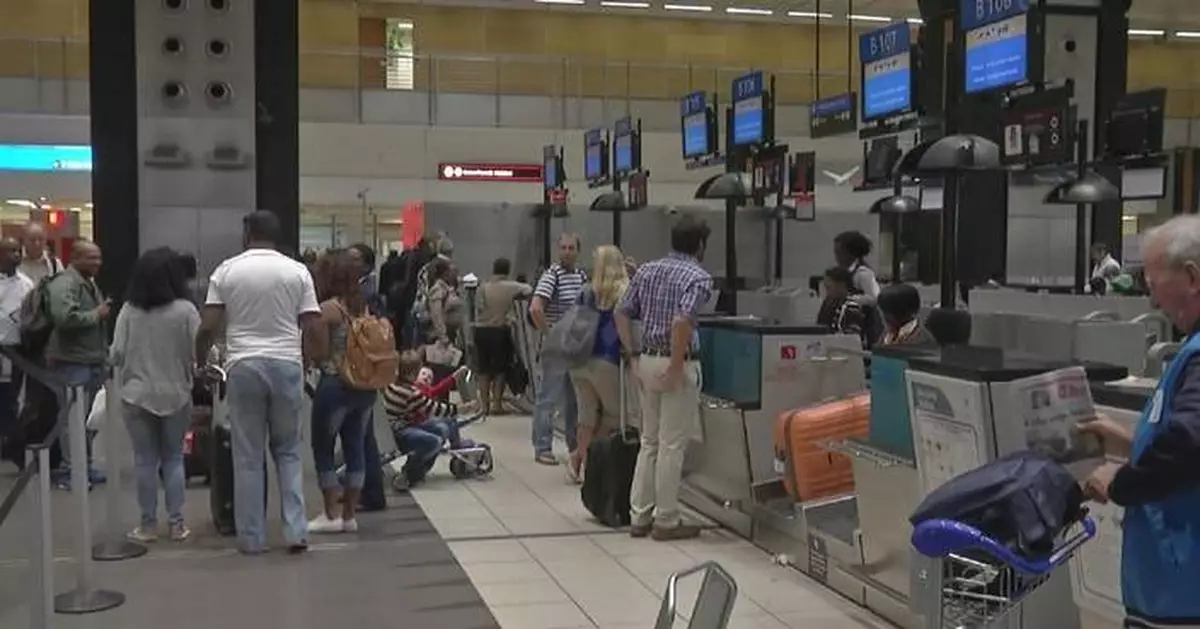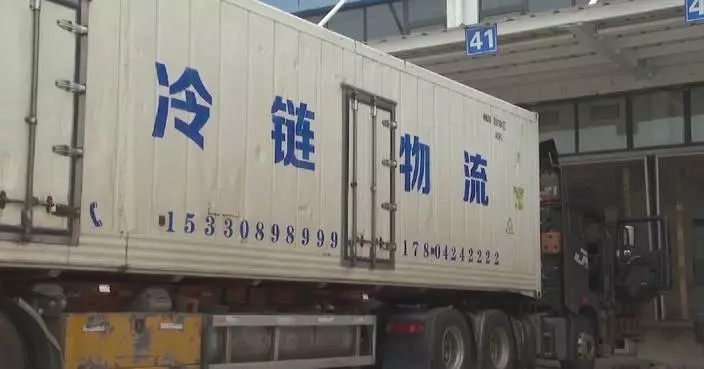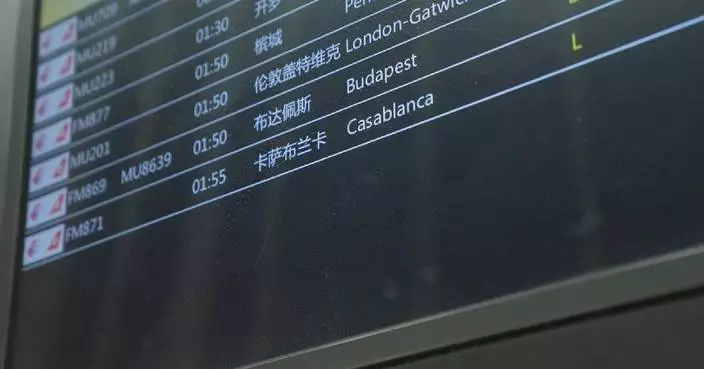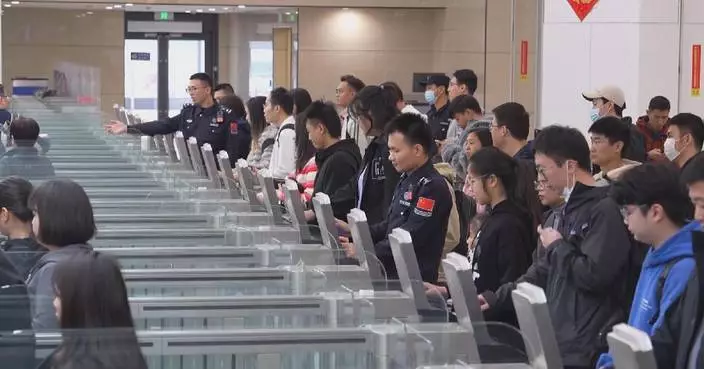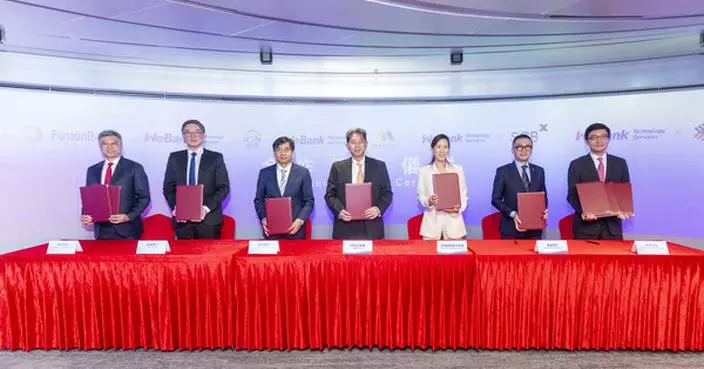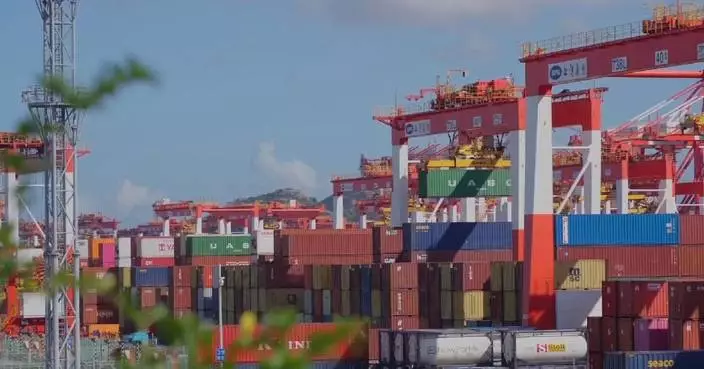A recently introduced scheme by South Africa, aimed at facilitating tourists from the non-visa exempt countries, has received warm welcome from the country's hospitality industry for its potential to attract more clients from these countries, thereby boosting the county's tourism market and contributing to its economic development.
South Africa is launching a new Trusted Tour Operator Scheme (TTOS) starting January 2025 to facilitate tourists from the non-visa exempt countries, the Department of Home Affairs announced on Sept. 2.
The department said in a statement that red tape will be removed, and visa processing efficiency will be enhanced for tourists from non-visa exempt countries such as China and India.
According to the statement, Chinese tourists made over 100 million outbound trips in 2023, but South Africa only received 93,000 of those arrivals. Therefore, the South African government aims to change this situation through the scheme.
"We've got massive potential in terms of growing our tourism market from a country like China. At the moment, we are really under-performing and from the research that we've conducted and that we know from the tourism side as well, a lot of the blockage has to do with the red tape that is actually put in place of Chinese tourists and visitors to South Africa. So, in terms of the scheme itself, the goal here is basically to facilitate less red tape for Chinese tourists and specifically also to make it easier for large tour groups to come and visit South Africa," said South African Minister of Home Affairs Leon Schreiber,
The scheme has been warmly embraced by the hospitality industry in South Africa.
"We (are) doing inbound tour which means we bring tourists from China to South Africa and our main market is the business delegations and exhibition groups. Also, we do customized leisure groups. If the visa application process can be efficient and simplified, then definitely it will attract much, much more clients from China," said Angela Wu, director of the travel service department at upGrowth, a marketing company in South Africa.
"So, we know, particularly the Chinese market, they love to travel in with tourists. So, that's very positive. Up to date, our visa system has made it so difficult for Chinese and Indian tourists to visit South Africa. It's just incomprehensible considering that China and India are our major BRICS partners," said Rosemary Anderson, national chair of the Federated Hospitality Association of South Africa.
Tourism is a significant contributor to South Africa's economy. Research has indicated that increasing tourism by 10 percent annually can boost annual economic growth by 0.6 percent and generate numerous new job opportunities for South African people.
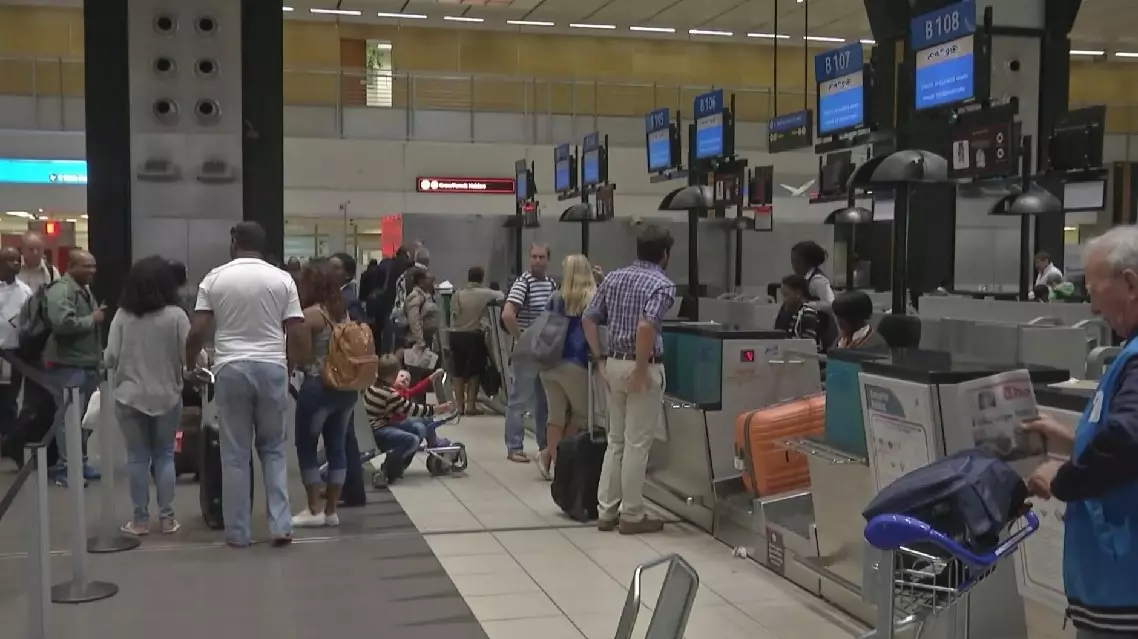
South Africa's hospitality sector welcomes new travel facilitation scheme


